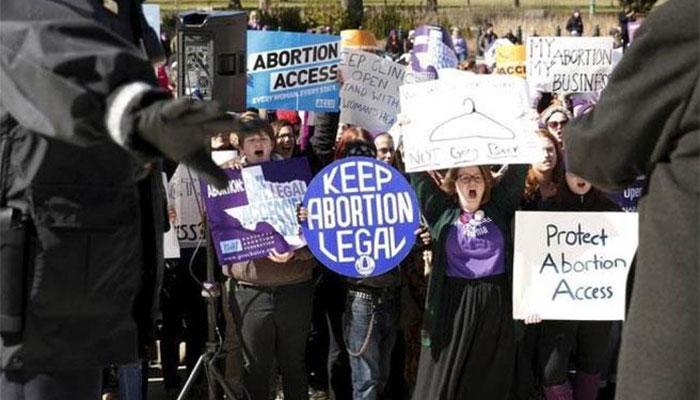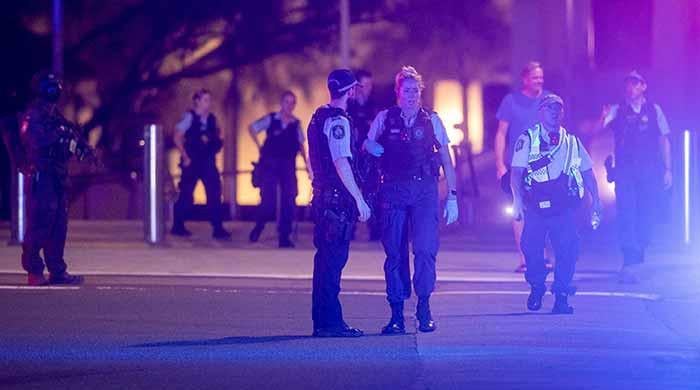Missouri follows Alabama by passing restrictive abortion bill
The legislation allows for an abortion after the eighth week only in the case of medical emergencies
May 20, 2019

Missouri lawmakers passed a bill on Friday that prohibits women from seeking an abortion after the eighth week of pregnancy, days after Alabama enacted the most restrictive abortion law in the United States.
The legislation allows for an abortion after the eighth week only in the case of medical emergencies. On Wednesday, Alabama banned abortions at any time, with the same exception.
Similar laws have been proposed in more than a dozen other states as Republican-controlled legislatures push to restrict the rights of women to terminate their pregnancies.
The state’s Republican governor, Mike Parson, is expected to sign the bill into law. He has said he would make Missouri “one of the strongest pro-life states in the country.”
Missouri’s House of Representatives gave its final legislative approval in a 110-44 vote after protesters were removed from the public gallery. Missouri senators overwhelmingly approved the legislation on Thursday.
“Today, the Missouri House stood for the unborn,” the speaker of the house, Elijah Haahr, said in a statement. “The bold legislation we sent to the Governor’s desk is the strongest and most comprehensive pro-life bill in the country.”
Opposing the bill, Dr. Leana Wen, president of Planned Parenthood Action Fund, said it was a “terrifying time” for women in America.
“Planned Parenthood will not sit by and watch as politicians take our rights and freedoms to women’s health care away,” Wen said in a statement. “We will fight in Missouri, Georgia, Alabama, and everywhere else politicians interfere with medical care, because women’s health care is health care and health care is a human right.”
Renewed efforts to roll back Roe v. Wade, the landmark U.S. Supreme Court decision that legalized abortion nationwide in 1973, have been emboldened by two judicial appointments by President Donald Trump that have given conservatives a solid majority on the court.
At a time when US rates of abortion have sharply declined, the appointments have put fresh energy into the political struggle between religious conservatives and others who those who believe fetuses should have comparable rights to those of babies after birth, and those who see such restrictions as an infringement on women’s rights. The re-energized debate coincides with the run-up to the 2020 U.S. presidential election.
Abortion-rights activists argue that rolling back 45 years of legal precedent to criminalize abortion would endanger women who seek dangerous illegal abortions.









